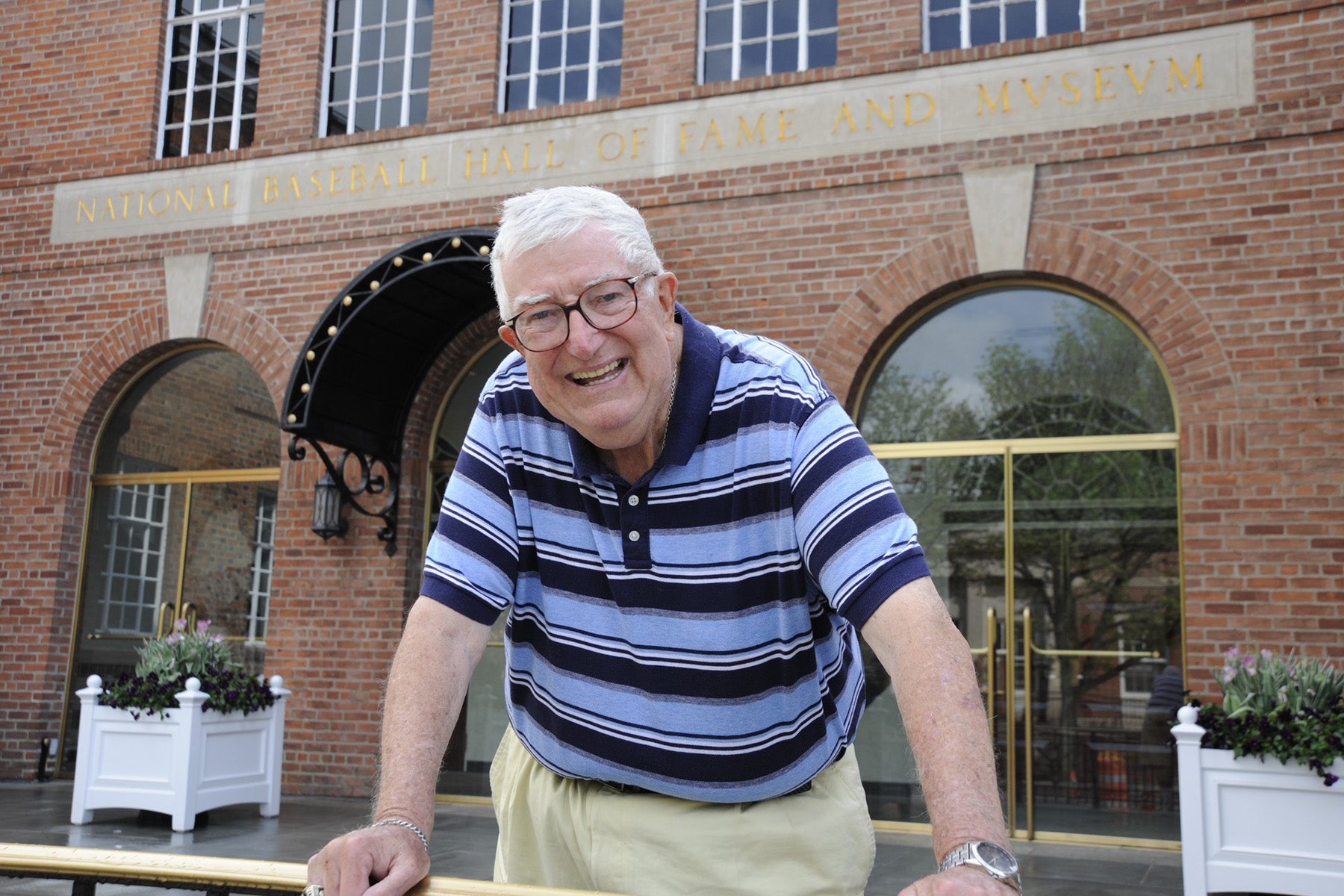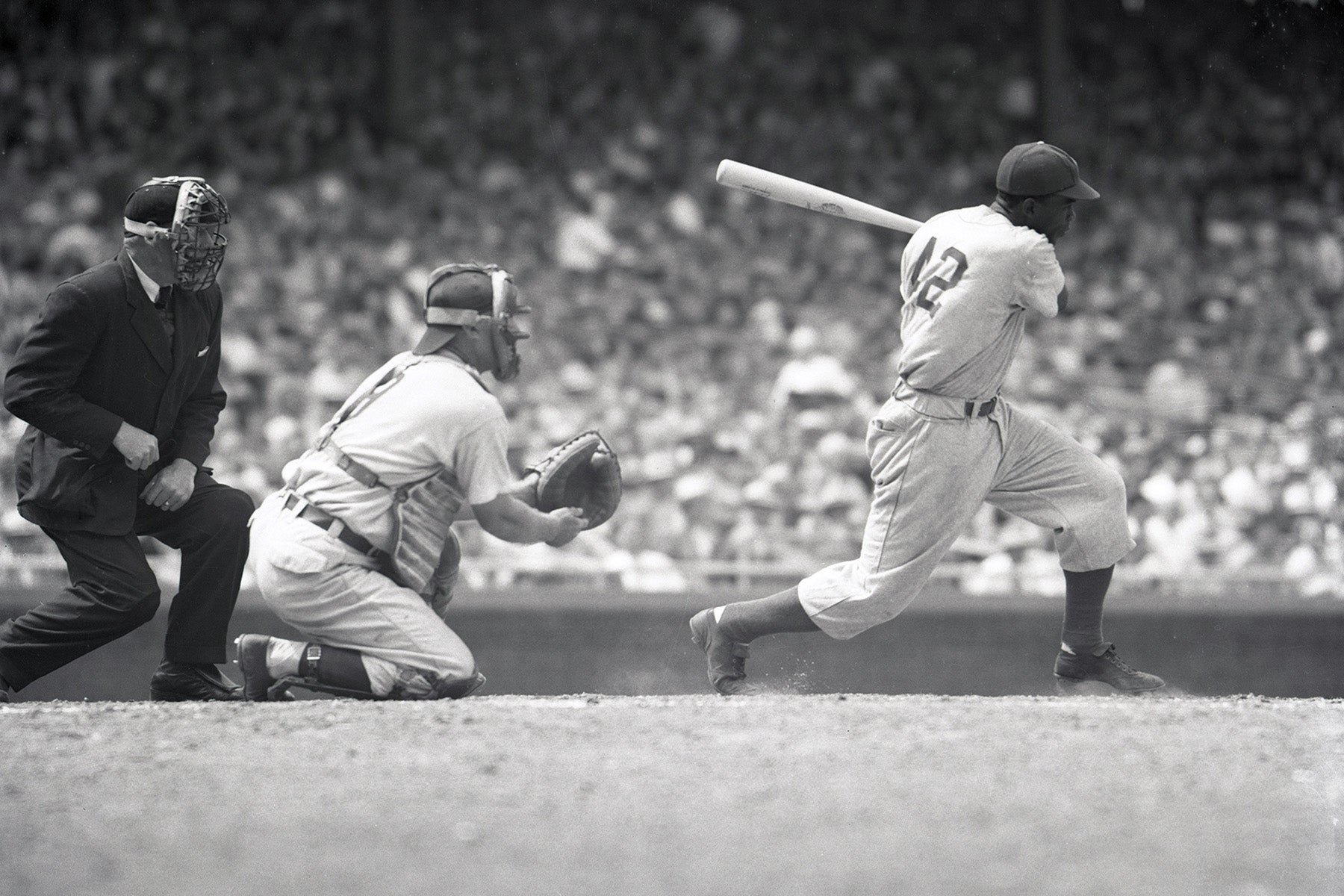Former NBA coach Frank Layden loved the Hall of Fame
Frank Layden made his name in basketball, but he loved talking baseball.
The always colorful Layden, a native New Yorker who coached the National Basketball Association’s Utah Jazz for eight seasons (1981-89), visited Cooperstown annually for several years.
Layden passed away recently at the age of 93.

“When I moved out to Salt Lake City, one of the fears I had was losing contact with lifelong friends. I tried to get back every summer. We kind of used Niagara as a base because that’s where I went to school and coached. One day the trainer at Niagara said, ‘We should go to Cooperstown. We all love baseball,’” Layden said during one of his visits to the Hall of Fame. “This is just a bunch of guys who, most of them live within a couple 100 miles of here, where I live a couple thousand miles from here.”
As a youth, Layden had the opportunity to bat against two players that would go on to become Hall of Fame pitchers.
“I’m from Brooklyn and as a young man I played in the high school playoffs against Whitey Ford. We didn’t know who he was then,” Layden said. “I knew Sandy Koufax as both a basketball player and a baseball player, but I was already at Niagara. Then in the summer when we came home Sandy was pitching in the local summer leagues.”
Layden’s basketball resume is impressive. While a coach with Utah he compiled a 277-294 mark and helped usher the franchise into prominence along with longtime all-stars Karl Malone and John Stockton. Besides coaching the team, he was also its general manager, and in 1983-84 led the Jazz to their first winning season, playoff appearance and division title, while also being named the NBA’s Coach of the Year and Executive of the Year.
But as a child growing up in a New York City with three big league teams, Layden’s life revolved around baseball.
“Baseball was our lives. That’s all we talked about – whether Snider was better than Mantle, whether Rizzuto was better than Reese. It never stopped. We happened to have not only three teams, but three very good teams,” Layden said. “I often wonder, and people may question this, if maybe the 1955 Dodgers were the most solid baseball team there ever was. It seemed like they didn’t have a weakness.
“Ebbets Field was fun to go to. Once in a while we would put on disguises and go up to the Polo Grounds or Yankee Stadium,” he joked. “It didn’t get any better than that.”

Among Layden’s most memorable games was one that took place on April 15, 1947 – the day Jackie Robinson broke baseball’s color line with the Brooklyn Dodgers.
“I was one of 28,000 people. It wasn’t a sellout. It didn’t have the impact that would have been created today. I’m not sure that everybody in America realized what was happening,” Layden said. “I was 15 years old and I remember it had an impact on me and my friends. We were talking about him coming. He had heard a lot about him. Jackie came and Jackie took care of business. He could play. If he had come and been a failure it might have set everything back.
“The impact that he had by playing is still being felt today. We have always been about exclusion in this country because it makes us more important. He definitely was one of my great heroes. Jackie Robinson, he became somebody special, and that was nice that it happened in Brooklyn.”
Layden always enjoyed the game of baseball, no matter the level.
“To me, the wonderful thing about baseball is you can walk away, you can go get a hot dog, you can make a phone call, you can meet a friend, you can come back, and when you get back you just have to say ‘What happened?’ and the guy next to you can tell you,” Layden said. “Baseball is a game where you can sit and talk while it is going on. And it doesn’t matter what level you play at – the source of excitement is always the same.”
Bill Francis is the senior research and writing specialist at the National Baseball Hall of Fame and Museum
